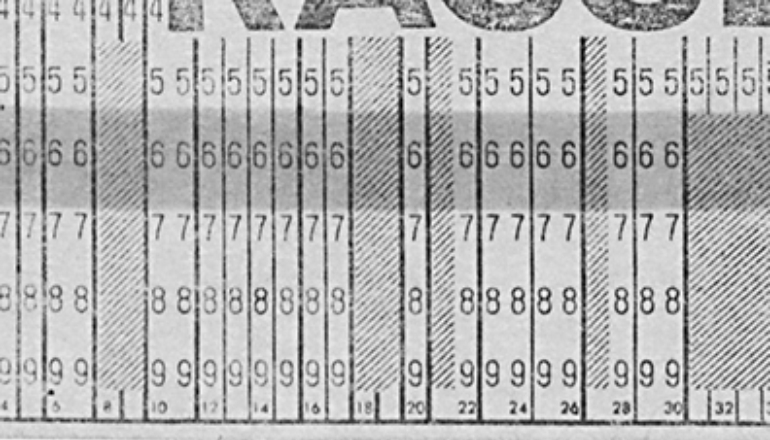Begin of page section: Content
Algorithmic Fate 1933/2016

Does a machine have an ethical attitude? This talk investigates two moments in time, 83 years apart, where new technologies judged over a human fate. While in 1933 it was an early computing system - punchcards - used by the Nazis, today it is a system of artificial intelligence software that can determine a migrant´s fate in the refugee crisis. Rather than comparing them, this investigation seeks to understand how technology correlates with minority groups in times of war.
Current political developments remind us again how present fascist ideology is. With the prevalence of machines there is an urgency to draw attention to the ethics we equip them with. Machines echo our demands and needs. They are programmed by humans who embed their own biases and beliefs into them, making them execute their political will. Artistic means can be used for urban pathfinding in a city full of war artifacts, such as Berlin. Unveiling the thinking apparatus of past fascism can make us more aware of the parallels to present fascism.
This talk is based on a research project that occured under the supervision of Ai Weiwei and Kang Sunkoo.
End of this page section.
Skip to overview of page sections.